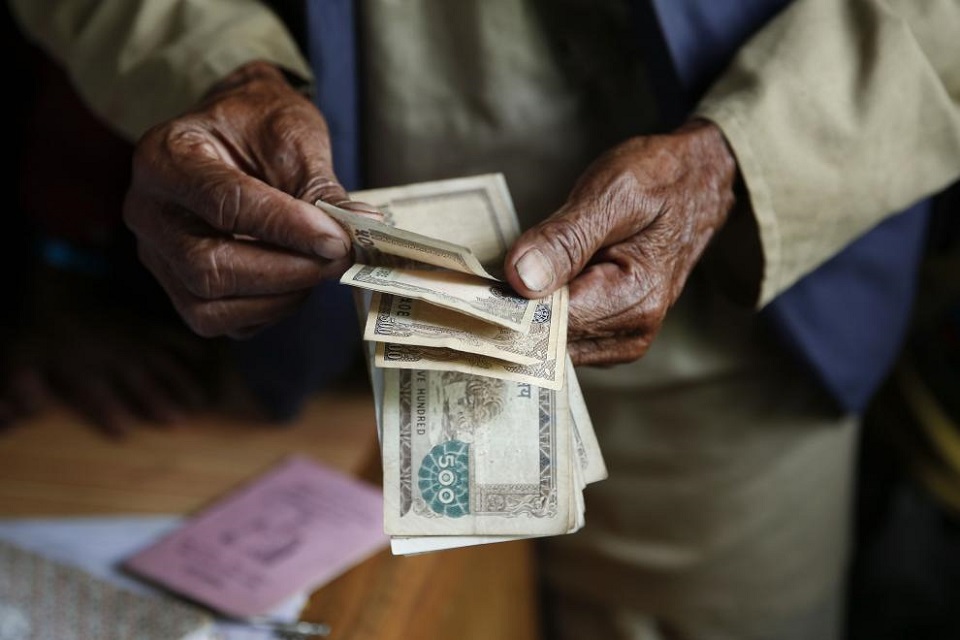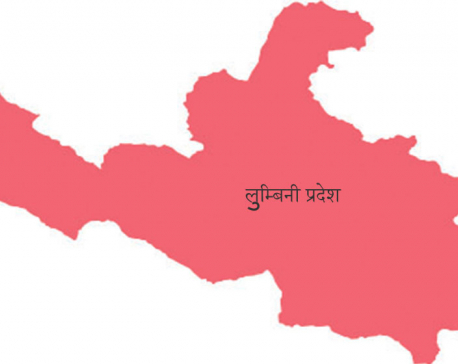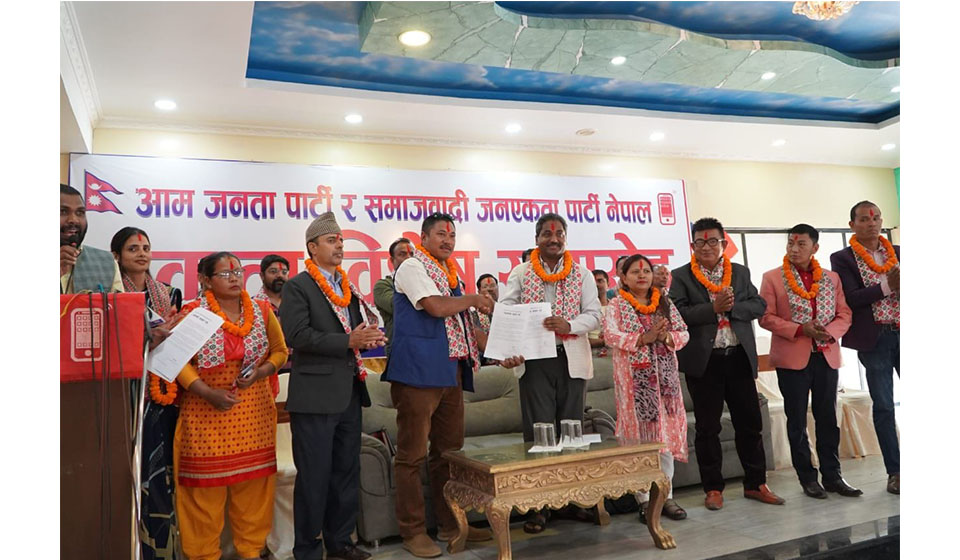
OR
Private sector lending by BFIs slowed in FY 2022/23 amid economic recession and government restrictions
Published On: August 20, 2023 07:45 AM NPT By: Republica | @RepublicaNepal

Credit flow to private businesses grew only 3.8 percent in the last fiscal year, compared to 13.1 percent in the previous fiscal year.
BFIs issued loans of Rs 52 billion to purchase automobiles and parts.
KATHMANDU, August 20: Lending by banks and financial institutions (BFIs) to the private sector slowed in the last fiscal year due to the economic slowdown that severely affected private sector businesses during the period.
The current macroeconomic and financial situation of Nepal for fiscal year 2022/23, as unveiled by Nepal Rastra Bank (NRB), shows that private sector lending by BFIs increased by 3.8 percent in the last fiscal year. In the previous fiscal year, the growth rate in this segment was 13.1 percent.
The shares of private sector credit from BFIs to non-financial corporations and households stand at 62.7 percent and 37.3 percent, respectively, during mid-July 2022 and mid-July 2023. These shares were 63.3 percent and 36.7 percent a year ago.
In the review year, private sector credit from commercial banks, development banks, and finance companies increased by 3.5 percent, 7.6 percent, and 0.6 percent, respectively. BFIs mostly lent out their credit based on the collateral of land and buildings. According to NRB, BFIs provided 68 percent of their outstanding credit by taking collateral of fixed assets. The percentage of loans issued against current assets was only 11.6 percent.
Outstanding loans of BFIs to the agriculture sector increased by a mere 6.8 percent, despite the government’s announcement of prioritizing the sector. The growth of credits in the industrial production sector stood at 8.3 percent, while transportation, communication, and the public sector grew at 21 percent. The wholesale and retail sector grew at 3.9 percent, and the service industry sector grew at 3.7 percent.
BFIs' lending in real estate and hire purchase also significantly shrank in the review period. The real estate loan (including residential personal home loans) was only 5.6 percent, while hire purchase loans were only 1.3 percent. According to government records, property transactions sharply declined due to the economic recession. Additionally, the sector was adversely affected by the government's policy to categorize land along with imposed land plotting restrictions.
Likewise, banks’ loans for the purchase of automobiles dropped as the central bank banned imports of luxury items, including expensive four-wheelers, which had an effect for almost six months of the last fiscal year. Consequently, lending for automobile purchases declined to Rs 3.69 billion (a 6.6 percent drop) to Rs 51.90 billion.
Similarly, credits for automobile parts and fittings stood at Rs 35.96 billion, a 4.5 percent drop compared to the previous fiscal year's amount. Dhruba Thapa, president of the Nepal Automobiles Dealers’ Association, said the import ban along with stern provisions implemented by NRB led to the decrease in the purchase of automobiles and parts from abroad.
Of the private sector lending, BFIs issued 67.7 percent in overdrafts, 13.2 percent in working capital loans, 6.2 percent in trust receipt (import) loans, and 5.2 percent in margin loans.
You May Like This

Factories in Lumbini Province operating at only 51 percent of their capacity, down by 5.54 percent
KATHMANDU, Dec 29: As the country is reeling under an economic slowdown, the production capacity of factories operating in Lumbini... Read More...

Govt fixes interest rate charged by cooperatives at 16 percent
KATHMANDU, Aug 2: The government has fixed the ceiling of interest rate charged by the cooperatives at 16 percent, informed... Read More...




Just In
- Sunkoshi-Marin Diversion Project’s tunnel construction nears completion, breakthrough scheduled for May 8
- Govt tightens security arrangement for Third Investment Summit 2024
- Pesticide residue found in vegetables in Nepalgunj
- Aam Janata Party and Samajwadi Jana Ekata Party merge
- 1,600 participants confirmed for Nepal Investment Summit
- Ilam-2 by-elections held peacefully, vote count likely to start tonight
- NEA schedules five-day power cut across Kathmandu Valley for underground cable installation
- Hundreds of passengers including foreign tourists in distress as poor visibility halts flights to and from PRIA







-1200x560-wm_20240427144118.jpg)





Leave A Comment